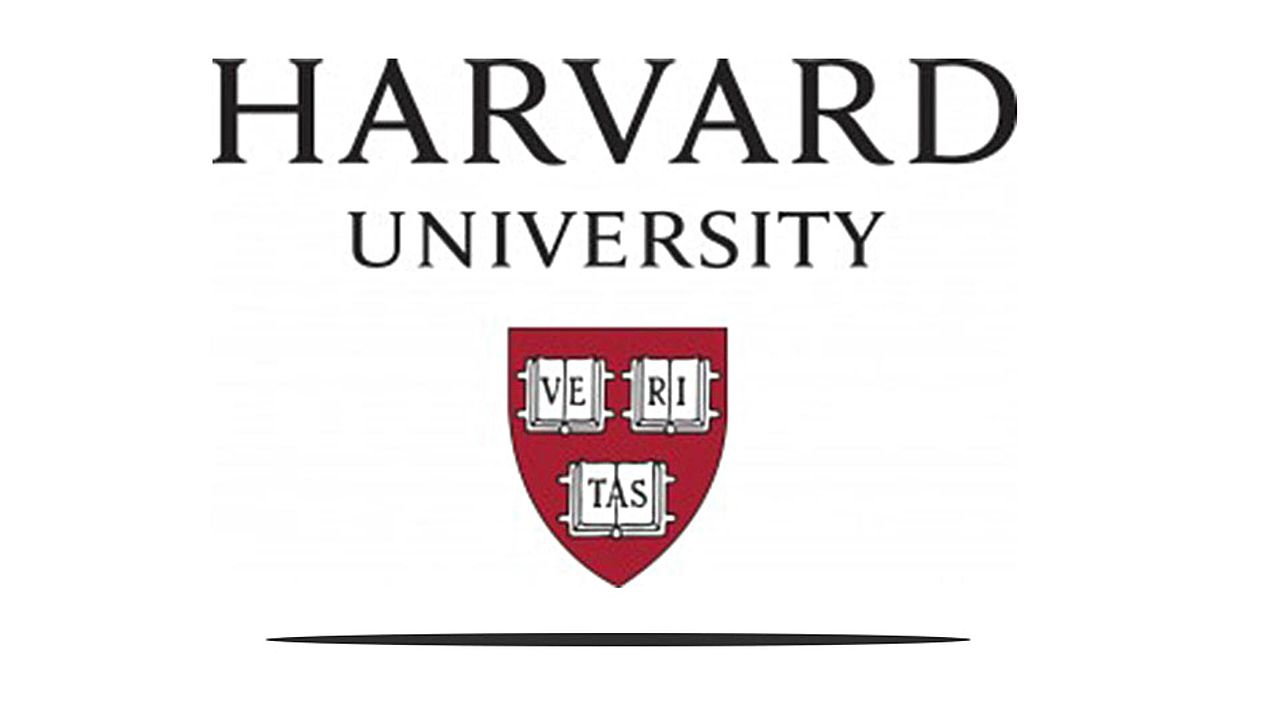In a significant legal and political development, Harvard University has filed a federal lawsuit against the Trump administration following the freezing of over $2.2 billion in federal research grants. The administration’s actions stem from Harvard’s refusal to comply with new federal directives, including overhauling leadership and admissions policies, auditing campus diversity views, ceasing recognition of certain student clubs, and disciplining protesters. These demands followed accusations that universities, including Harvard, allowed antisemitism during protests against Israel’s war in Gaza .
Harvard President Alan Garber has firmly opposed these measures, asserting that the university will not yield to political pressure. He emphasized that the institution’s independence and constitutional rights are non-negotiable (AP News). The lawsuit contends that the funding freeze is unrelated to national security or research goals and warns of significant harm to innovation and public interest. The American Association of University Professors and the American Council on Education have backed Harvard, asserting the administration’s actions violate due process and threaten academic freedom (AP News).
This legal challenge underscores the broader tensions between the federal government and higher education institutions over political influence and campus governance.



